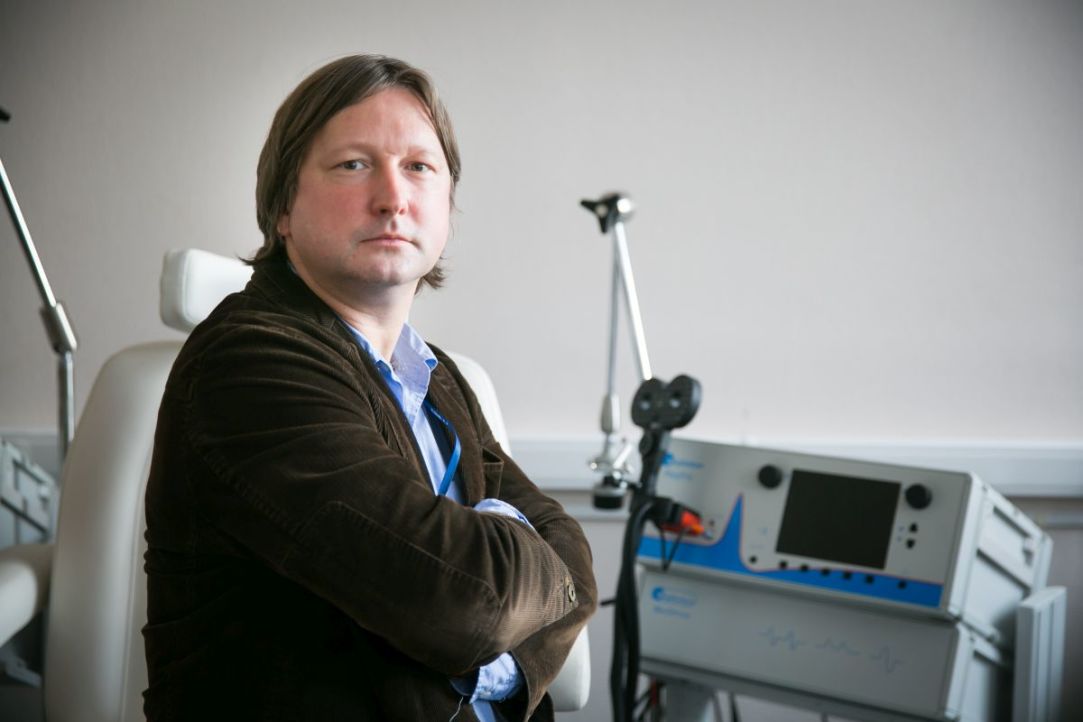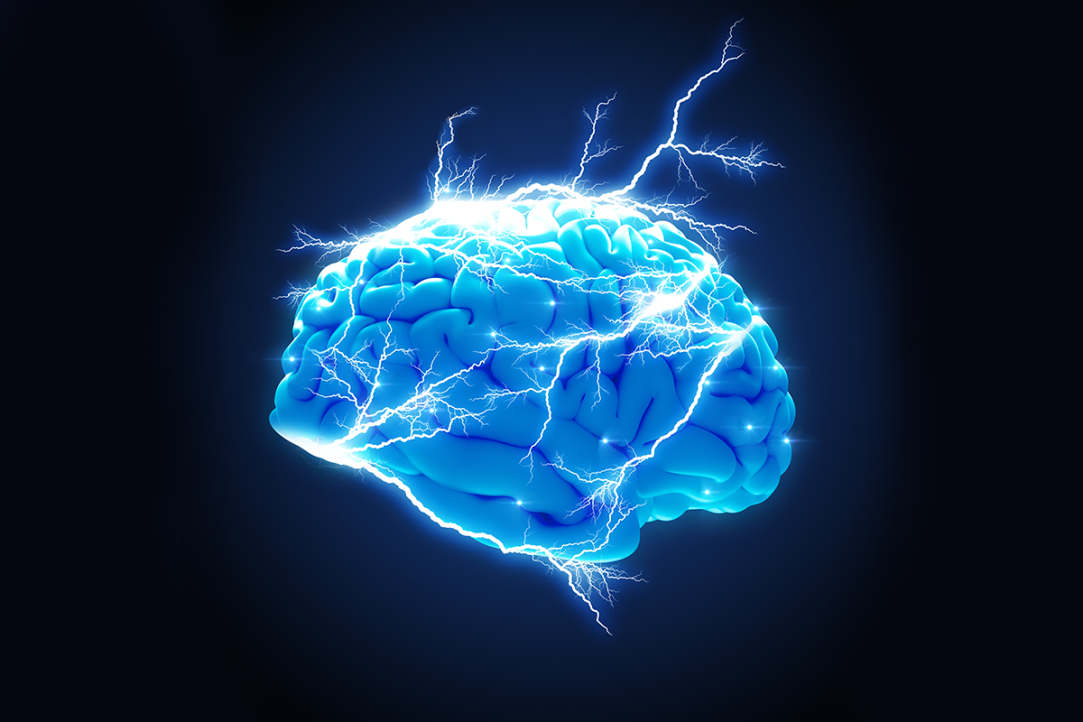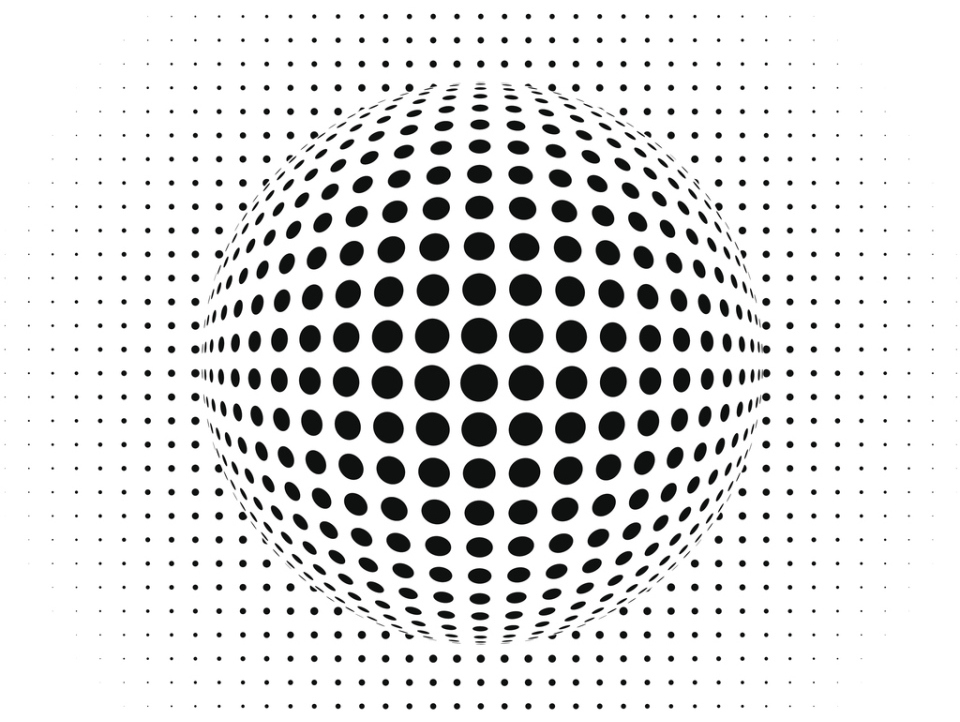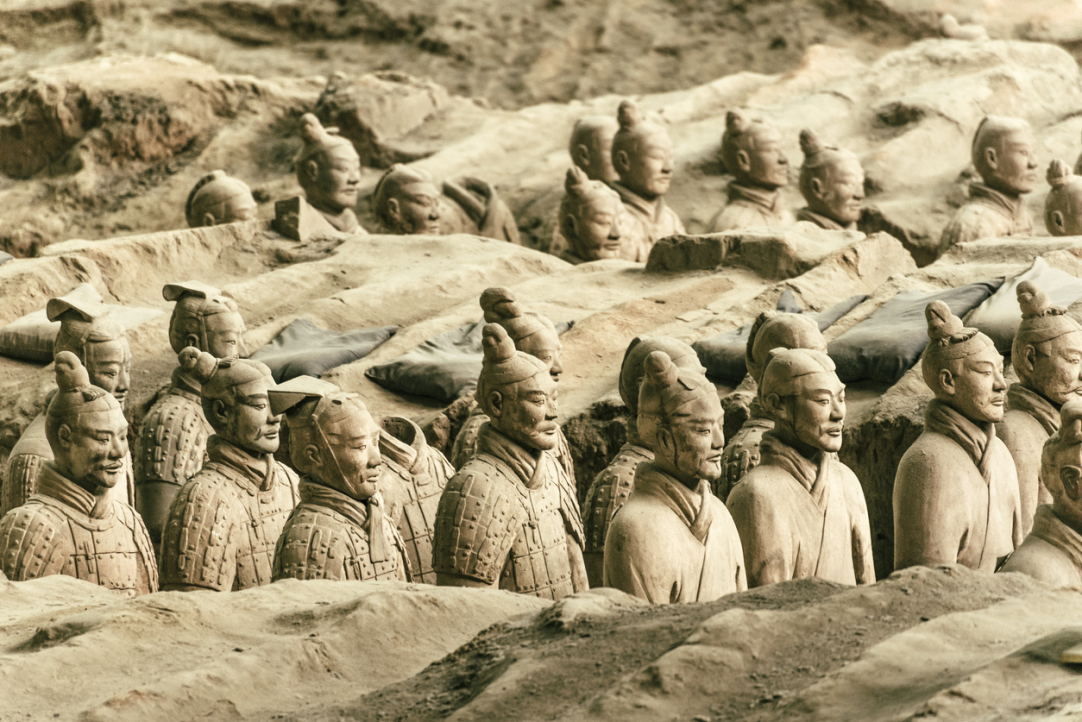
When There Is No One Around: How Solitude Differs from Loneliness
According to the researchers of the HSE International Laboratory of Positive Psychology of Personality and Motivation, personality development is associated with positive acceptance of solitude. Their study is based on a survey of 204 respondents (41 men and 163 women), mostly students, aged 16 to 25.
Infantilism as a Norm
Views on human age need to be revisited. The value of adulthood as a period of certainty has declined for many, which means that this period is being delayed. The processes of personality development vary, and adults are preserving signs of infantilism.

HSE Opens New Institute for Cognitive Neuroscience
The new institute is headed by Vasily Klucharev, a professor at the Higher School of Economics, who previously worked as Head of the School of Psychology. Vasily Klucharev told the HSE news team about what the School managed to achieve in four years, what the new institute will do and how attitudes towards psychology and neuroscience are changing.
Freedom, Not Coercion
A feeling of freedom and a sense of responsibility are directly related to one another. Scientists from HSE’s International Laboratory of Positive Psychology of Personality and Motivation, the University of Missouri and Omsk State University have become the first to prove this link in a study involving both Russian and American participants.

How Neurotechnologies Impact Risk Appetite
Researchers from the Higher School of Economics have shown that by stimulating the frontal cortex, a person’s financial risk appetite can be increased temporarily. Their article on the cognitive mechanisms of risky decision-making was published in eNeuro, an international peer-reviewed scientific journal published by the Society for Neuroscience.
.jpg)
Experiencing Culture Shock
Conscious decision-making and internalized intentions, as opposed to extrinsic influencing factors, are the key to a student’s successful adaption to life in a foreign country. This was confirmed by research carried out by a group of scientists which included Ken Sheldon, Academic Supervisor and Head of the International Laboratory of Positive Psychology of Personality and Motivation at the Higher School of Economics.

Visual Perception of Summary Statistics Not Following Mathematical Rules
Cognitive psychologists of the Higher School of Economics have experimentally demonstrated that people are capable of estimating the mean size of visible objects and their approximate number simultaneously, showing for the first time that these two cognitive processes are independent of each other and do not follow the rules of mathematical statistics. The results of this experiment, published in PLOS One, can inform new approaches to statistical data visualisation and statistical education.

How Spatial Navigation Correlates with Language
Cognitive neuroscientists from the Higher School of Economics and Aarhus University experimentally demonstrate how spatial navigation impacts language comprehension. The results of the study have been published in NeuroImage.

Immeasurable Hardiness of Character
The Grit Scale questionnaire has gained popularity over the past decade, not only in research but also in practical psychology and in employee selection. The questionnaire is used to measure 'grit' – a personality trait which combines perseverance in reaching one's goals, on one hand, and consistency of one's interests over time, on the other. HSE researchers have found a way to prove that 'grit' is not a single personality trait and the Grit Scale measures two independent constructs.
Researchers Learn More about Maximizing Brain Use
Neuroscientists from Higher School of Economics and Charité University Clinic in Berlin have come up with a new multivariate method for predicting behavioural response to a stimulus using information about the phase of preceding neuronal oscillations recorded with EEG. The method may eventually find practical application in fields such as competitive sports, education and patient treatment. The study's findings are published in the paper ‘On optimal spatial filtering for the detection of phase coupling in multivariate neural recordings’.


Deadline for submitting applications is November 7, 2025